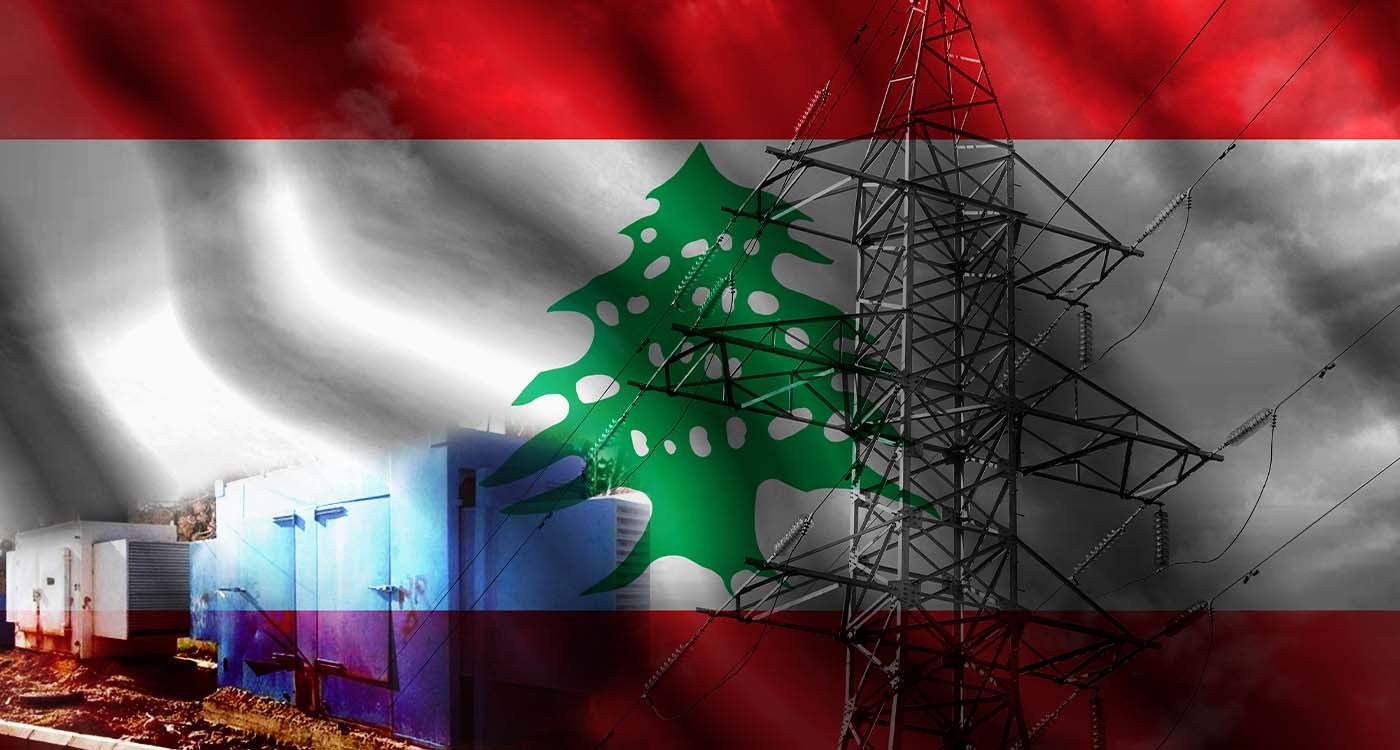
Lebanon is trapped in an opaque, sprawling energy system that keeps the country locked in an outdated model. Massive fuel imports, a relentless reliance on private generators, a fragile or even nonexistent national sovereignty, and a perpetually postponed shift to renewable energy all feed chronic dependency and block meaningful reform.
This article unveils the roots of this impasse: how the energy sector remains captive to cartels and political interests, why Lebanon cannot break free from the cycle of fuel and generators, and what levers could finally unlock its solar and wind potential.
According to Energy Minister Joe Saddi, interviewed by This is Beirut, the crisis rests on three pillars. A glaring infrastructure deficit leaves production capacity far below the country’s needs. Widespread nonpayment of electricity bills by a significant portion of consumers deprives the state of essential revenue. Finally, the lack of access to natural gas blocks any transition to cleaner, cheaper energy while keeping Lebanon reliant on imported fuel. Together, these obstacles form a chain that condemns Lebanon to remain in the dark.
Aging Infrastructure and Critical Shortfalls
The situation is undeniable: no major power plant has been built in Lebanon for over twenty years. Existing facilities, aging and poorly maintained, now produce just 1,000 to 1,100 MW, barely a third of the country’s needs, according to Saddi.
“At best, Lebanon’s electricity company (EDL) can deliver eight to nine hours of electricity per day, assuming that everything runs perfectly and everyone pays their bills,” admits Saddi. He adds that collection rates rarely exceed 60%, technical losses reach 10%, and nearly a third of the produced electricity is stolen.
This relentless equation deprives the state of essential revenue, undermines its legitimacy, and accelerates its institutional collapse.
Trapped by Private Generators
With public electricity far from meeting demand, much of Lebanon’s population relies on private generators to bridge the gap. This sector, highly profitable yet largely informal, operates almost like a shadow economy, with fuel importers, generator operators, and political networks tightly intertwined.
Subscriptions can consume up to 44% of the average household income, and for the poorest 20% of households with generator access, the cost can reach 88% of their income. Yet the market remains almost entirely beyond state control.
“Generator surveillance falls under the Ministry of Economy,” explains Saddi. The Ministry of Energy sets pricing, but monitoring meters, installations, and rates is the responsibility of the Ministry of Economy.
This institutional fragmentation highlights the lack of coordination across government bodies and underscores the state’s inability to regulate its own essential sectors.
Total Dependence on Fuel Imports
Lebanon imports 100% of its primary energy, leaving the country highly vulnerable to global price swings and private influence. A dozen companies dominate the market, with their combined share rising from 27% in 2010 to 75% in 2019.
There have been documented cases of sanctioned Russian fuel entering through opaque channels and sold at up to 70% above its real value.
“All our plants run on imported fuel. We produce nothing locally,” emphasizes Saddi. This energy lock, combined with fragmented governance and an unprecedented economic crisis, has effectively blocked any meaningful reform.
Lebanon Lags Behind in Energy Transition
Despite its vast solar and wind potential, Lebanon is falling behind. Studies indicate the country could meet up to 100% of its energy needs by 2035 through renewable sources.
But corruption, monopolies, political deadlock, and chronic underinvestment block progress. “Major solar projects became possible only after the creation of the regulatory authority, which is now in place,” says Saddi. “Yet the state cannot fund these projects alone. That is why we are working to attract private investors through public-private partnerships.”
Saddi adds that discussions are underway with partner countries and the International Finance Corporation of the World Bank to launch international tenders. Meanwhile, the region moves forward: Jordan has diversified its energy mix with solar and gas, Egypt is converting power plants and heavily investing in renewables, and Cyprus is focusing on wind energy. Lebanon, by contrast, remains trapped in a carbon-based, corrupt model.
Three Prerequisites to Restore Power
According to Saddi, Lebanon’s recovery depends on three clear priorities. Increasing production capacity by building two large power plants in the north and south, each with 800 MW, is essential. Transitioning the sector to natural gas, which is cleaner, more economical, and imported through more transparent channels than fuel, is another critical step. Equally important is making substantial investments in renewable energy, particularly solar, and potentially wind in selected regions.
The solutions are clear. However, as long as rent-seeking networks remain intact, laws go unenforced, and economic capture persists, escaping the cycle of fuel and private generators will remain a mirage.




Comments